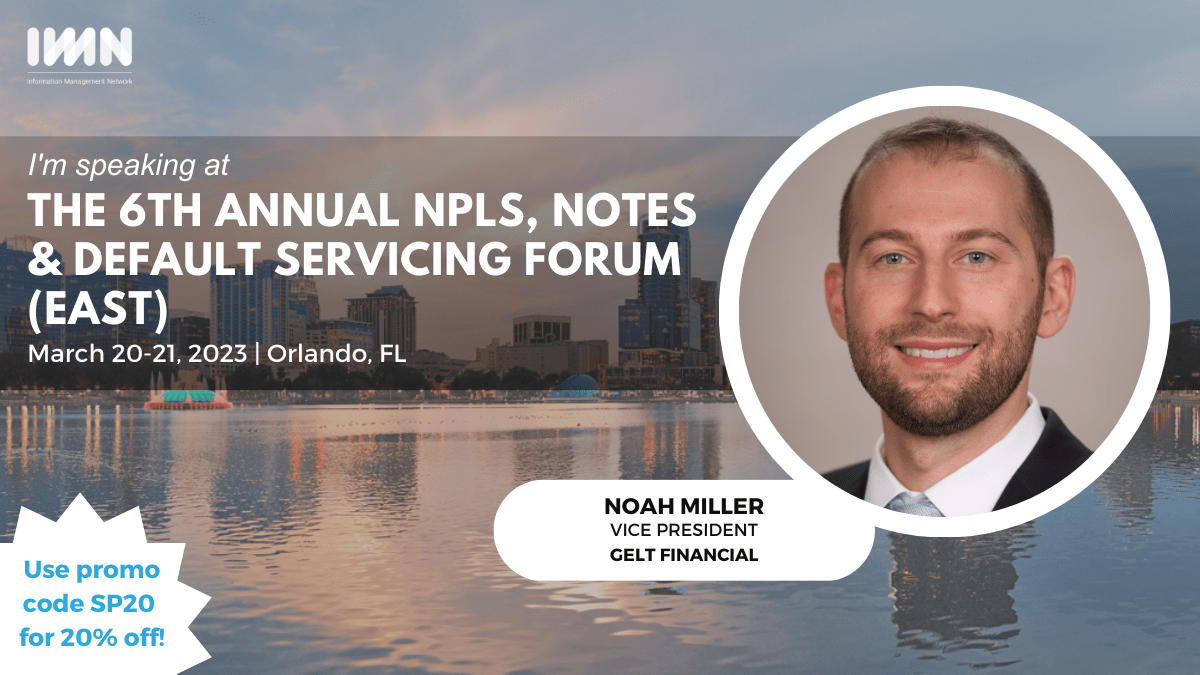Mortgage and Real Estate Professional Tip: If you have a corporate entity like an LLC or Corporation, get your documents in order prior to trying to refinance or sell a property, it will make the transaction go much smoother.
“Jack: Marcy, let’s make this video as a tip for or tool for mortgage brokers and borrowers who are buying or refinancing in an entity, whether it be a corporation, a trust, an LLC, or a partnership. Why don’t you talk to everyone a little bit about the corporate? When I say corporate, it could be LLC—the organizational documents. What you see, she deals with this all the time.
Marcy: All right, so let’s first talk about corporations. Let’s talk about LLCs. So we need articles, we need a letter of good standing, we need proof of EIN, and we need an operating agreement.
Jack: So if you own a property or buying a property, it usually is on a commercial investment loan. It’s in a corporate entity, and corporate entities are sort of like alter egos for individuals. They’re owned by individuals or other entities, whether it be a corporation or LLC—it’s very common. So you buy a property or you’re buying a property, and let’s say it’s 123 Jones Street or USA LLC, whatever the name of the LLC is. That LLC is an independent vehicle that has a taxpayer identification number and is registered with the state and federal taxes. If some states charge taxes, so I think what we’re talking about is keeping all these documents in good order. A lot of people don’t, most people don’t, so I want to frame the conversation.
Marcy: And listen, you know, we’re a commercial lender, so we close our loans in an LLC or a corporation. We will even close in a trust, which is not completely common out there. But my point is that we do need all the documentation to back up the entity.
Jack: Just be clear. It’s not only we; any Title Company, attorney, bank, lender is going to need updated and accurate organizational documents. So if it’s an LLC, you need an operating agreement. You may need a certificate of good standing.
Marcy: Right, which is recent. So you can typically, in most states, order that online—proof of the EIN. The IRS always sends you an email stating what your EIN number is. If you lost that, you can call them up, and they’ll send it to you again. Your Articles of Incorporation—we need all pages of that. We need to know who’s in the LLC. Like this just came up with me on another deal. So the borrower provided me with all their corporate documentation. I’m getting ready to close, and then my closing attorney says, “Marcy, the corporate docs show that there’s another individual who has 50% ownership.” So there you go, you’ve conflicted information. The tax—you’re trying to say one thing, and then—
Jack: Very common. In this case, it was a husband and wife.
Marcy: It was husband-wife. So all these years, they have been following—
Jack: And they’ve been in business for like 15 years?
Marcy: More than that. They’ve been following their tax returns wrong.
Jack: But what happened was, I know what happened. He thought, “Oh, of course, I own the business with my wife.”
Marcy: Right. So he tells that to the accountant, and meanwhile, we’re trying to do the loan.
Jack: But technically, he doesn’t. So this is—again—
Marcy: She’s not in the LLC.
Jack: It’s a very simple 1- or 2-page documents to clean it up. But this is something that can be cleaned up in advance. In life, I was going to say in lending and borrowing, a lot of times, if you do things in advance, it’s much easier.
Marcy: Much easier, and now, like he had to get, we decided—or they decided—that it was much easier than to amend all those tax returns. Just to amend the operating agreement and add the wife onto the LLC, which is all being taken care of. But be organized, you know. Like if you are going for a loan, make sure everything makes sense, you know? And then if it is a corporation, you have to have minutes, you have to have a members list. You have to know where your stock certificate is—the original certificate—and who owns what shares of that Corporation. Because when that loan closes in the corporation, lenders, I think most lenders, Jack—I mean the title company—we need to hold the original stock certificate until the loan is paid off. It’s held in escrow. So like, that’s something you need to know where it is. And a lot of people, they’re just not organized. And when you’re going for a loan, even though we’re a hard money lender, private lender, we’re still creating a loan. And you need those documentations to curate the loan, to have it done correctly, you know? We can’t just take your word on anything. We need documentation to show that this is what had happened or is happening. We had a deal the other day too that they had the operating agreement, and then at some point, they changed the operating agreement, and then they redid it again. Well, you can’t just keep changing everything, you know. You have to have a trace, a trio of paperwork allowing all these changes. So we had to go back—you know, one person had passed away, one person—you know, as things happen in life, you gotta update your paperwork.
Jack: As well, most states require you to pay them an annual fee. Yes, a lot of borrowers.
Marcy: And that will show you’re not in good standing if you don’t pay.
Jack: Yes, a lot of borrowers ignore it. They said, “Why should I pay the $200 now? It doesn’t do anything for me.” It’s going to catch up to you when you refinance or sell. You’re going to have to pay 10 years’ worth of fees and penalties.
Marcy: And we’ve had that happen before, you know, thousands of dollars later because they had to catch up, you know? Otherwise, you cannot get a letter of good standing. So, you know, I guess I’m saying to brokers, borrowers, have all your paperwork involved in creating a commercial loan in order before you start applying for the loan because they’re going to have to get an order at some point; otherwise, we’re not going to be able to close the loan.
Jack: Bottom line, if you’re an entity, get your—and it’s great to buy an identity or refinance—but get your documents in order and make sure you keep them in order and deal with it. If you’re a mortgage broker, get your borrower’s documents ahead of time because the worst thing is to have a closing—you know, Monday at 5 o’clock, and at 4 o’clock, you’re realizing everything’s not in order, and closing is postponed because of that. So, it’s a good idea to have your entity docs, keep them up to date and organize, and get them to the title company, the lenders, the bank, whoever’s involved with the seller in advance, and deal with any problems in advance.
Marcy: Right, and that way you’re prepared, and then you’ll have a smooth closing.
Jack: Okay, Marcy, I appreciate your expertise. I’d like to thank you for your expertise. Okay, remember, like the video wherever you see it—YouTube, Instagram, TikTok. Subscribe to the channel if you want more of them. If you have comments, leave them; we’ll answer them as many as we can. Thank you and have a great day. Oh, and check us out at geltfinancial.com. Take care. Bye.”
Category: Education
Tag: pro tip
























